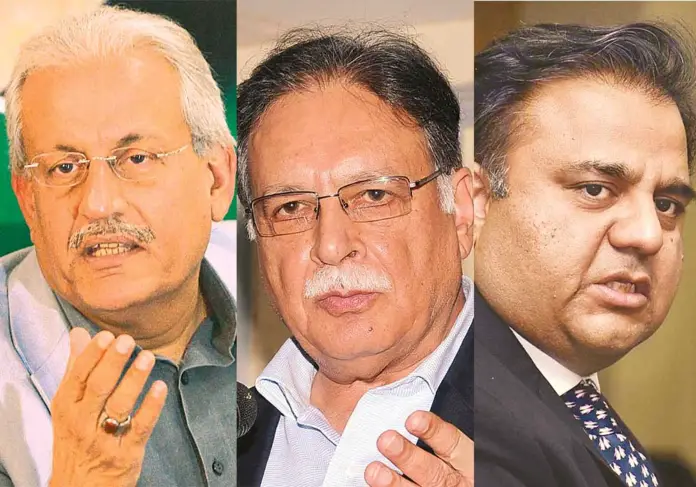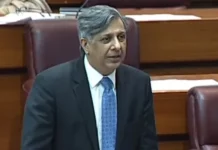Former Senate chairman and PPP Senator Raza Rabbani has said the notification allowing the Inter-Services Intelligence (ISI) to screen civil servants was a ‘surprising move ‘and added that the move was tantamount to ceding civilian space.
The reaction came a day after the government provided a legal cover to the country’s premier spy agency to screen civil servants before their induction, appointments and postings, as well as promotions.
Rabbani, in a statement, said the additional task of screening civil servants before their induction, appointments, postings and promotions would “overburden” the ISI, keeping in view the situation on the eastern and western borders, internal terrorism and related issues.
He said the move indicated a lack of confidence in the civilian apparatus of the state and “also blurs the distinction between
the civil and military bureaucracy”. PML-N leader and former information minister Pervaiz Rasheed said on Twitter that if the ISI was being tasked with vetting civilian officials, then the spy agency should be placed under civilian control and be answerable to parliament.
In a rare occurrence of agreement of the leaders of the two largest political parties in government and opposition — PML-N and PTI — former information minister Fawad Chaudhry seconded Rasheed and said that if “institutions wanted to increase their role in civilian affairs, then they would have to pay for it in the form of public accountability”. “The institution (ISI) has to think about what role it wants to play in Pakistan’s politics. A discussion is needed on the new roles of civil institutions and institutions after the media revolution,” he tweeted.
“Absolutely correct,” wrote former human rights minister and PTI leader Shireen Mazari in response to Chaudhry’s Tweet. “This debate is critical for the future of democracy in Pakistan.”
The Human Rights Commission of Pakistan (HRCP) also expressed concern over the government’s decision. “Even if this practice was already in place, it goes against democratic norms. The role of the military in civilian affairs needs to recede if Pakistan is to move forward as a democracy,” the HRCP stated.







